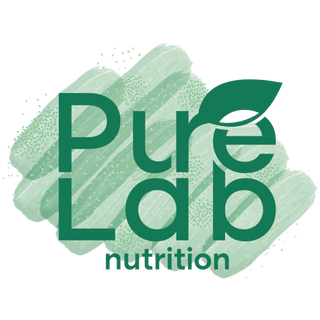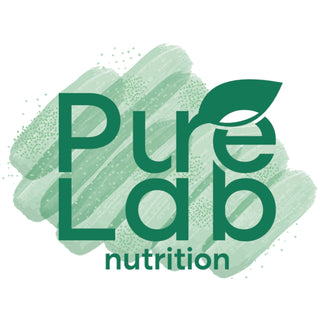Summary
- What is collagen?
- Differences between marine hydrolyzed collagen and native collagen
- Why choose marine hydrolyzed collagen?
- Disadvantages of Native Collagen in Dietary Supplements
- Conclusion
- FAQ
In recent years, collagen supplements have been gaining popularity among those who want to improve their joint comfort or restore the radiance of their skin. If you are interested in this topic, you are probably one of those people looking for effective solutions.
Collagen is an essential structural protein for body tissues. It plays a crucial role in the elasticity and suppleness of skin, as well as the strength of ligaments, tendons and cartilage.
However, a dilemma arises when you have to choose a supplement: should you opt for hydrolyzed marine collagen or native marine collagen? Although few people know this difference, it deserves your full attention.
What is collagen?
An essential role in the body… Collagen is the most abundant protein in the human body, but also in the animal kingdom. It acts as a "binder" that ensures mechanical resistance and contributes to the flexibility of tissues, from skin to cartilage.
Collagen is produced primarily by fibroblasts, but also by chondrocytes and osteoblasts until about age 25. After this age, collagen production gradually declines, contributing to skin aging, lower joint strength, and longer recovery time after injury.
Collagen can be extracted from different animal sources, such as mammals (beef, pork, chicken) or fish and shellfish. However, for reasons of quality, bioavailability and sustainability, we will focus here on marine-based collagen, which we believe is the best choice.
Our recommendations:
A hydrolyzed marine collagen, enriched with:
- Vitamin C to improve its absorption.
- Hyaluronic acid, a recognized anti-aging active ingredient.
- Coenzyme Q10, a powerful antioxidant.
- Biotin, essential for collagen synthesis and healthy hair and nails.
✅ 3-in-1 action: skin, joints, hair & nails
✅ 1000 mg of patented marine collagen per dose
✅ 90 easy-to-swallow capsules
✅ Made in France 🇫🇷
DISCOVER HERE: Our Hydrolyzed Marine Collagen
The different types of collagen
When looking at collagen supplements, you'll often see labels like type I, II, or III collagen. This refers to the specific source of collagen, depending on the body part it comes from (in this case, fish):
- Type I collagen: Rich in hydroxyproline, it comes from fish skin.
- Type II collagen: Present in fish bones, it is more complex to extract and less relevant in the context of food supplements.
- Type III Collagen: Extracted from the walls of blood vessels, intestines and other internal organs.
At Pure Lab Nutrition, we have opted for hydrolyzed collagen peptides type I (COLLYSS) and II (CARTIDYSS).
Differences between Marine and Native Hydrolyzed Collagen
Collagen supplements vary in their form: hydrolyzed or native. Understanding their differences is crucial to making the best choice for your health.
❌ Native or Denatured Collagen
Native collagen, also called denatured collagen, is directly extracted from cartilage, without going through a hydrolysis process. Its molecular structure is more complex, which makes it more difficult for the body to absorb. This type of collagen has a high molecular weight and is not soluble in water, making its assimilation less efficient.
✅ Marine Hydrolyzed Collagen
Marine hydrolyzed collagen is fragmented into small peptide chains, which reduces its molecular weight (maximum 3000 Da). This transformation makes it more soluble in water, which facilitates its absorption and improves its bioavailability. These small molecules are quickly assimilated by the body, thus offering better effectiveness.
Why Choose Marine Hydrolyzed Collagen?
Better absorption and bioavailabilityResearchers have observed that hydrolyzed collagen is better absorbed by the digestive system due to the fragmentation of collagen chains. A 2019 study showed that consuming hydrolyzed collagen peptides increased plasma concentrations of essential amino acids, including glycine and proline, and improved their absorption.
Proven benefitsA study published in the Journal of BioMedicine in 2021 found that ingesting hydrolyzed collagen for three months reduced wrinkles, and improved skin elasticity and hydration. Other research has also shown that this form of collagen stimulates the production of macromolecules in the joints, thereby reducing joint discomfort.
Disadvantages of Native Collagen in Dietary Supplements
❌ Less efficient
Due to its high molecular weight, native collagen is less well absorbed by the digestive system. This form of collagen is also less soluble in water, making it less bioavailable.
❌ Need for other assets
Native collagen in supplements is often combined with other ingredients to compensate for its limited effectiveness. For example, biotin is commonly added to improve effects on skin and joints. However, this can increase the cost of the products without actually improving the quality of the collagen itself.
Conclusion
The difference between marine and native hydrolyzed collagen is significant. Although hydrolyzed collagen is more complex to produce, it offers much more convincing results in terms of bioavailability and effectiveness. Although its price is slightly higher, its benefits for the skin and joints justify this investment. If you would like personalized advice to choose the cure that suits you, do not hesitate to contact us!
FAQ
1. What type of collagen is most effective for skin?
Marine hydrolyzed collagen is generally more effective in improving skin elasticity and hydration due to its better absorption by the body.
2. Is native collagen beneficial for joints?
Native collagen may be beneficial, but it is generally less well absorbed than hydrolyzed collagen, reducing its effectiveness.
3. Should I combine supplements with collagen?
It depends on individual needs. Some native collagen supplements may contain other actives to enhance results, such as biotin or vitamin C.
4. Can you take collagen every day?
Yes, collagen can be taken daily, especially in hydrolyzed form, for optimal results on the skin and joints.












